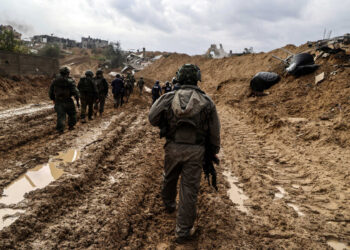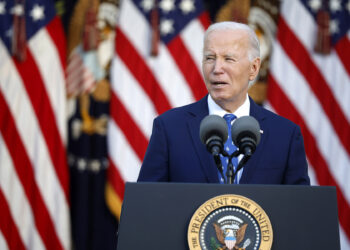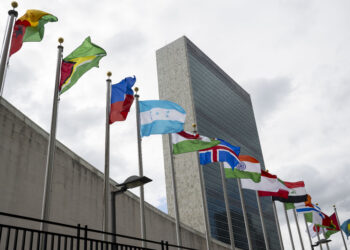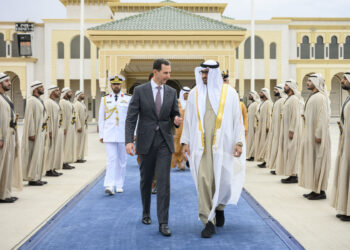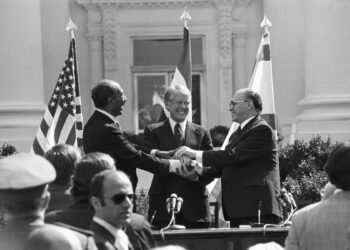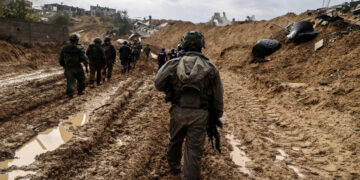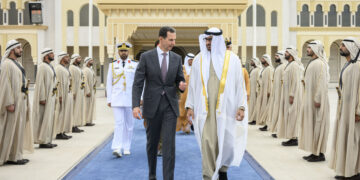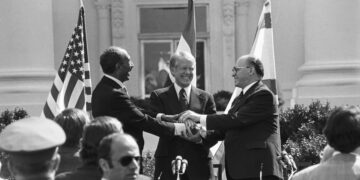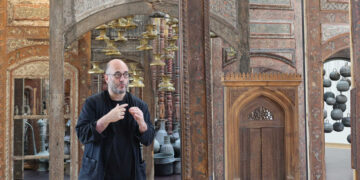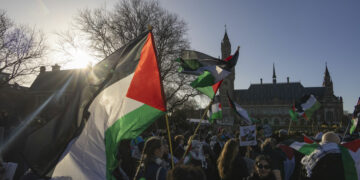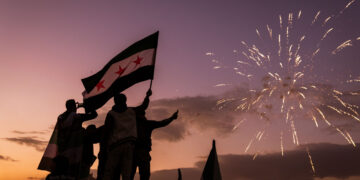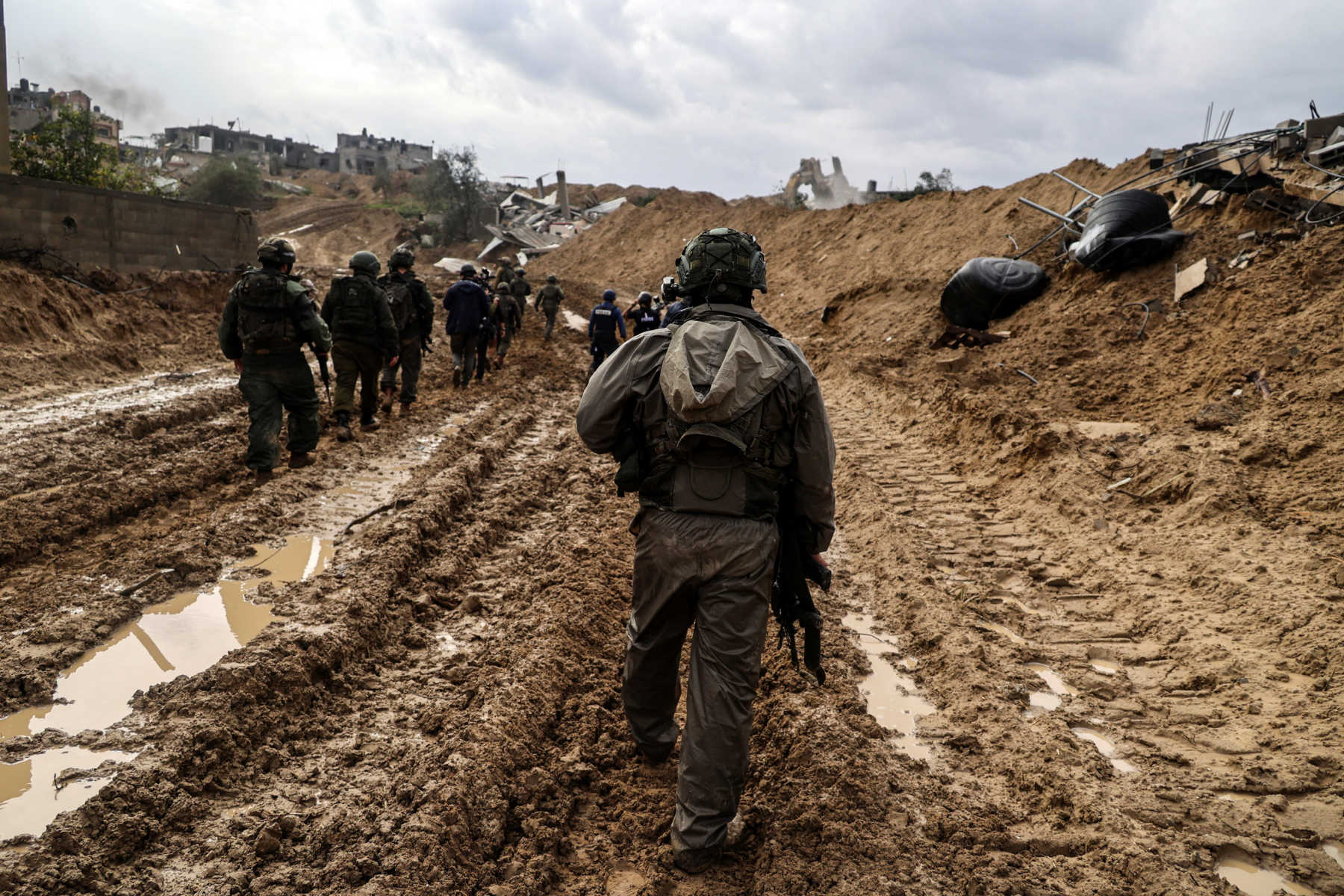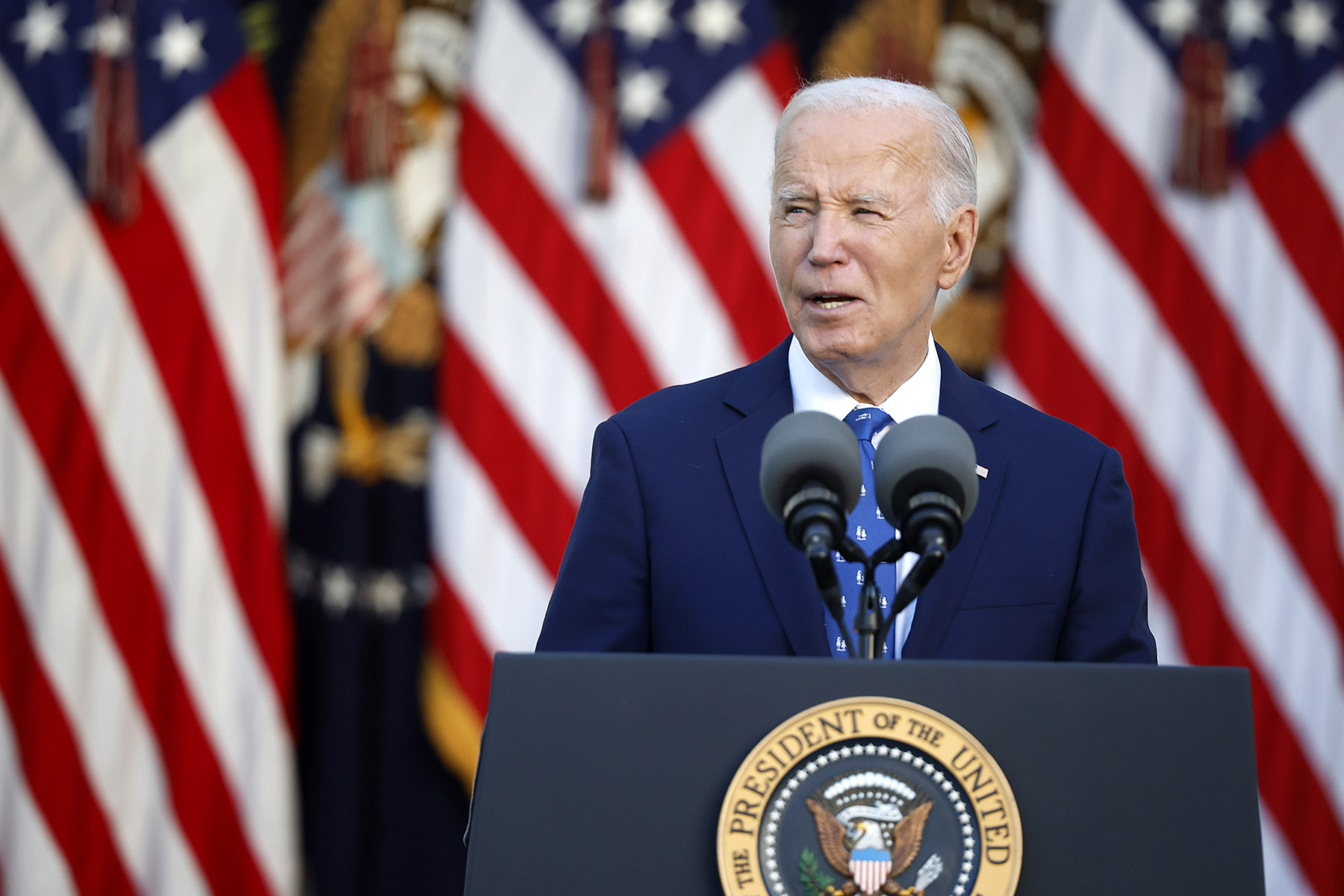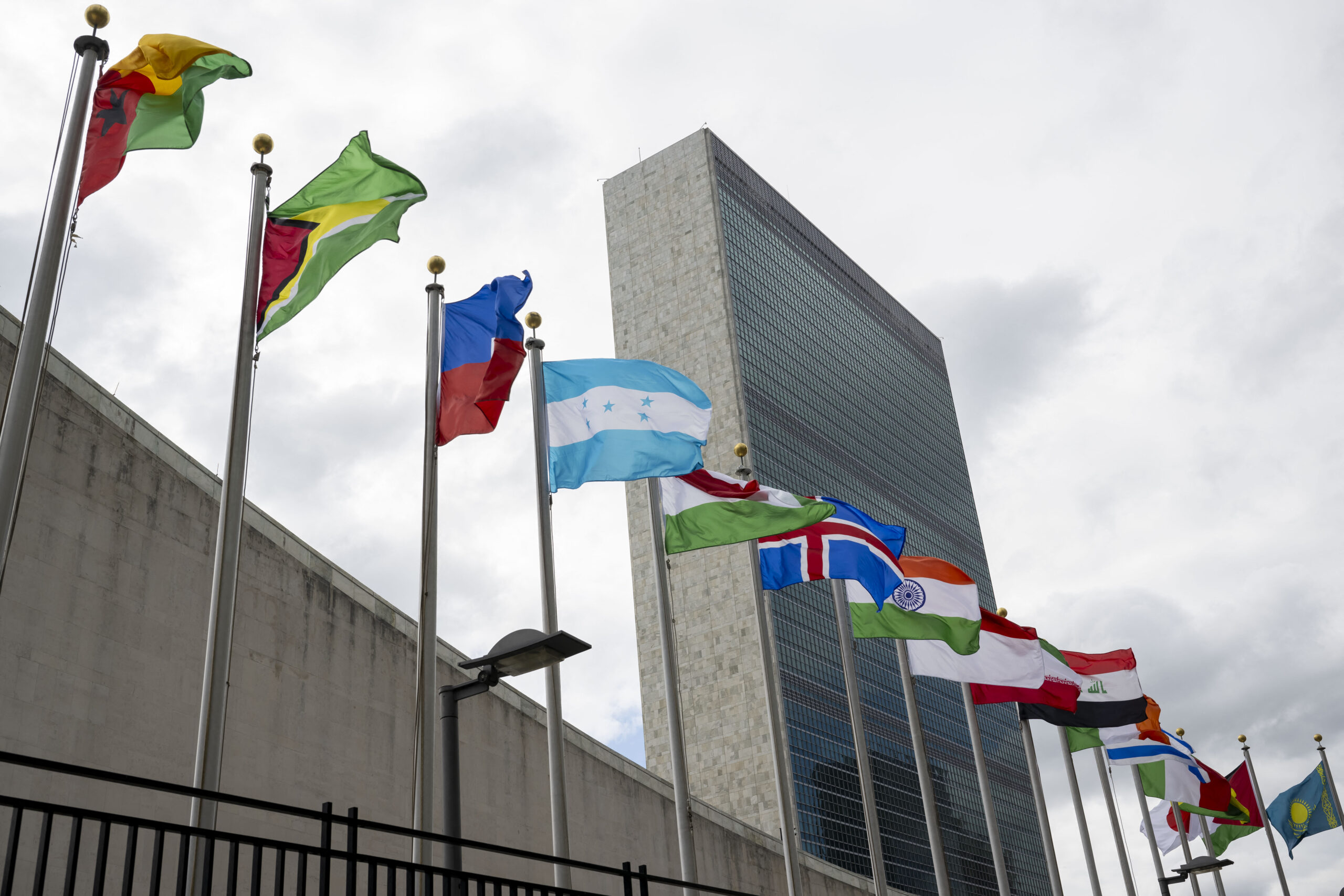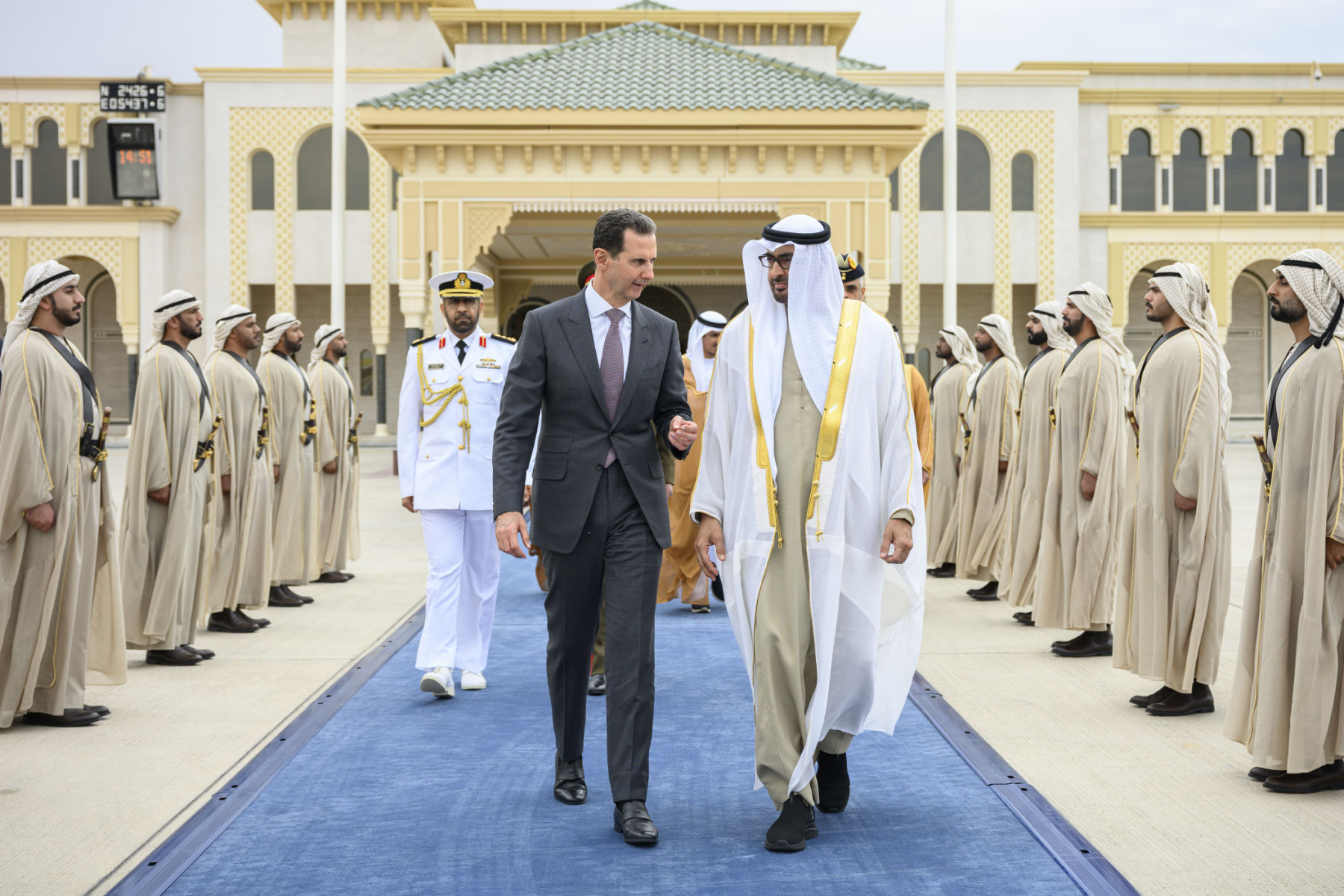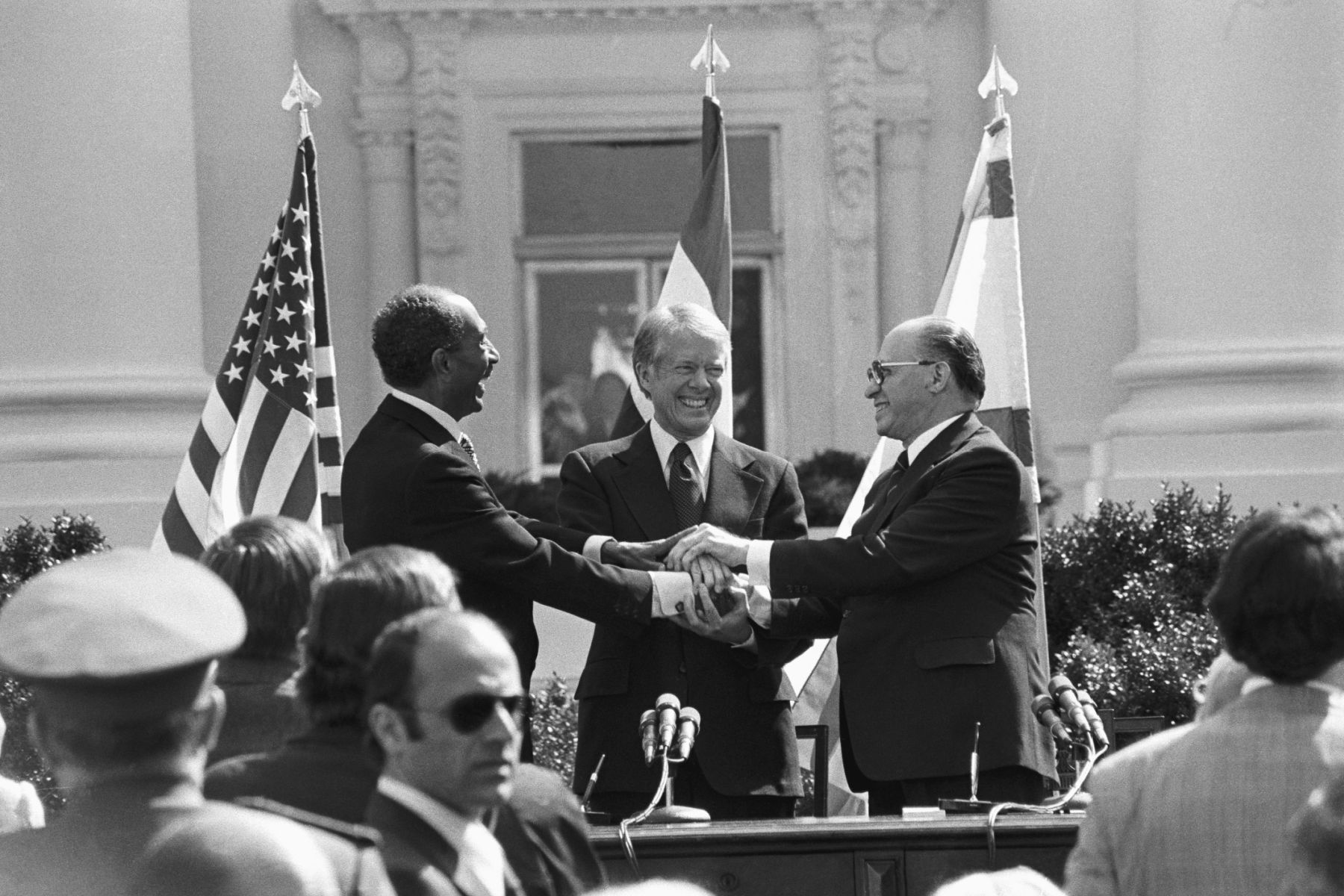Zine Labidine Ghebouli is a visiting fellow with the European Council on Foreign Relations. His work focuses on Euro-Mediterranean cooperation and North African affairs.
When France recognized Morocco's sovereignty over the disputed territory of Western Sahara this past summer, breaking with decades of official French policy, the announcement came in a letter from President Emmanuel Macron to King Mohammed VI on Throne Day in Morocco, which celebrates the monarch's formal accession to the throne. France's shift, then, might have seemed like a gift to Morocco's king.
Macron voiced French support for the Moroccan government's so-called autonomy plan for Western Sahara, which would grant its indigenous Sahrawi people some limited autonomy under Moroccan authority and control. France's decision follows similar moves by the United States and Spain in recent years, and comes just a few months after the state-run French Development Agency (AFD) unveiled significant plans to invest in Western Sahara and fund several key infrastructure projects. On a visit to Morocco, France's foreign trade minister heralded "the renewal of French-Moroccan relations [that] will involve new bridges between our private sectors."
Shortly before France's announcement, Algeria's Ministry of Foreign Affairs issued a statement denouncing the policy shift and threatening "consequences." The Algerian government then recalled back its ambassador to France in protest.
France's endorsement of Morocco's vision for Western Sahara comes at a critical time in North Africa and could derail careful French rapprochement with Algeria.
- Zine Labidine Ghebouli
Western Sahara's indigenous Sahrawi population, led by the Polisario Front, have been fighting for independence since the 1970s, when the territory was still controlled by Spain as one of the last vestiges of Spanish colonialism. Morocco, which claimed Western Sahara as its own territory even while Spain controlled it, annexed the enclave in 1975 when the Spanish withdrew. After 16 years of armed conflict between Morocco and the Polisario Front, fighting for an independent Sahrawi Republic with the support of neighboring Algeria, the United Nations brokered a cease-fire in 1991 that left Morocco in de-facto control of most of Western Sahara, including its entire Atlantic coast, with the Polisario Front confined to the desert interior.
France's endorsement of Morocco's vision for Western Sahara comes at a critical time in North Africa and could derail careful French rapprochement with Algeria. According to Algerian Foreign Minister Ahmed Attaf, Macron informed Algerian President Abdelmadjid Tebboune about his decision on the sidelines of the G7 meeting in Italy in June. Whatever advance notice Algeria had did not prevent the ensuing diplomatic fallout.
While official recognition of Moroccan sovereignty over Western Sahara represents a French policy shift, France's ultimate stance on the disputed territory is not so new, in fact. In addition to the U.S., France has historically provided steady if tacit support for Morocco's autonomy plan since it was unveiled in 2007. The shift now is that the French government suddenly and openly considers that plan to be the "only" way forward to resolve the conflict, breaking with repeated United Nations resolutions recognizing the Sahrawi people's right to "self-determination." The 1991 U.N. cease-fire agreement that froze the conflict over Western Sahara was supposed to deliver a referendum on independence—a key demand of the Polisario Front, and by extension Algeria. But the long-promised referendum has never been held.
France is faced once again with the challenge of striking a balance between Algeria and Morocco, both former French colonies. The policy shift unveiled by Macron follows small steps to normalize relations with Morocco after years of an undeclared diplomatic crisis, underscored by the Moroccan government's decision to filter its international partners according to their position on Western Sahara. In the most public sign of tensions, Morocco notoriously did not respond to French offers of aid and assistance following last year's devastating earthquake in the High Atlas mountains. It seems that France's recognition of Morocco's sovereignty over Western Sahara was the inevitable price for reconciliation with Rabat.
Macron also faced serious domestic pressure to take Morocco's side, particularly from the French right. Senior French political figures like the head of the Senate, Gérard Larcher, had publicly called for the move. "It was time to acknowledge the realities and move forward from a state of ambiguity," he said after Macron's announcement. "This shift is the culmination of a long process of maturation."
French policy in North Africa under Macron has otherwise been defined by an uneasy rapprochement with Algeria over public recognition of France's colonial past. Macron has acknowledged torture by French soldiers and established a government commission to "review" France's colonial history in Algeria, though he has ruled out any state apology. With relations with Algeria so strained by the traumas of 132 years of colonialism, Morocco has long been perceived in France as its guaranteed strategic ally in North Africa.
The question of Western Sahara no longer only threatens relations between Algeria and Morocco, but France's ties with North Africa and even the future of Europe's influence in the region.
- Zine Labidine Ghebouli
From its side, Algeria had no choice but to respond to French recognition of Moroccan sovereignty since the Western Sahara is a core, practically sacred issue for Algerian foreign policy. Algeria's support for the Polisario Front is popular among Algerians, who widely see it as an anti-colonial struggle mirroring their own against France in the mid-20th century. In that way, Western Sahara is central to the post-independence social contract in Algeria, given the repressive security apparatus and the establishment's monopoly on power. If Algerian leaders are seen as no longer supporting the Sahrawi people's struggle, they would risk a public backlash—and Algerian leaders want no repeat of the mass protests that forced the resignation in 2019 of then-President Abdelaziz Bouteflika after two decades in power.
The question of Western Sahara is a red line for the Algerian government, but recalling the Algerian ambassador from Paris still marked the beginning of a new diplomatic crisis with France. Tebboune was initially scheduled to visit France right after Algerian presidential elections on Sept. 7, but that is now postponed until further notice, severely diminishing the prospects of a closer French-Algerian partnership and undermining two years of reconciliation efforts. French economic and business interests in Algeria may also be impacted, similar to the losses that Spanish companies felt when Spain announced its own policy shift on Western Sahara.
This diplomatic crisis also carries regional significance on other issues. Cooperation between France and Algeria on curbing migration across the Mediterranean—a key security concern for French authorities—will be limited, if not halted entirely. That will add to Macron's troubles with the far right in France, fresh off their gains in French parliamentary elections. By taking Morocco's side in Western Sahara, France may also open doors for more coordination on the Sahel within the framework of Morocco's vision of regional economic integration at the expense of Algeria's role and influence.
It is nearly impossible, though, to imagine a full rupture between France and Algeria over Western Sahara due to their deep historical, sociopolitical and cultural links. Still, Algerian authorities could dig in, desperate to avoid the potential domino effect of other key European countries following suit to recognize Morocco's claims of sovereignty. The challenge for France will be to offer valuable concessions to Algeria while safeguarding its partnership with Morocco, a daunting mission in the short term and under the current circumstances.
The saga over Western Sahara ultimately raises more questions about the U.N.'s role—or lack of it—in North Africa and specifically the influence of U.N. special envoy Staffan de Mistura, whose mission to revive diplomatic talks over the territory clearly stalled. While Western Sahara does not constitute a high priority for the U.N. Security Council at a time of so many other regional and international conflicts, the U.N.'s de-facto absence on this issue and reluctance to assume its responsibility as mediator could lead to more regional hostility and undermine stability in North Africa. The question of Western Sahara no longer only threatens relations between Algeria and Morocco, but France's ties with North Africa and even the future of Europe's influence in the region.












